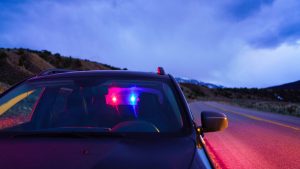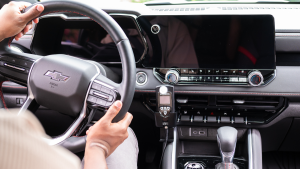Law enforcement officers in California have long relied on the 4-3 California Supreme Court decision, Ingersoll v. Palmer, 43 Cal.3d 1321, to stop motorists in DUI checkpoints without a warrant or any vehicle code violation. However, the decision came with certain limitations for constitutional compliance, and one factor is whether motorists are given advance publicity of these checkpoint stops. Nothing in the subsequent U.S. Supreme Court’s decision in Michigan Dep’t of State Police v. Sitz, 496 U.S. 444 (another DUI checkpoint case), criticized the Ingersollguidelines.
Ingersollstates, “[W]e have no difficulty in concluding that well publicized, properly placed and timed sobriety checkpoints will have a significant deterrent effect upon drunk driving, especially in view of the stiff penalties drunk drivers now face in this state.” In other words, the Court concluded that “well publicized” DUI checkpoints are constitutionally reasonable because they provide an effective deterrent to drunk driving. Thus, advancenotice to the public of a DUI checkpoint is an important guideline for determining the constitutionality of it. The Court specifically stated that “[n]o legitimate purpose is served by surprising motorists at a checkpoint” and that“advance publicity is absolutely essential to the establishment of a constitutionally permissible roadblock.”
In light of this backdrop it’s no small irony that the New York Police Department recently sent a cease and desist letter to Google, demanding that it stop warning people on its Maps and Waze applications of DUI checkpoints. They even went so far as to proclaim such warnings may constitute an unlawful interference with law enforcement activities.
DUI checkpoints have withstood constitutional scrutiny with the specious claim they are not intended to ferret out crime but to simply deter drunk driving. DUI checkpoints erected for the primary purpose of catching drunk drivers are unconstitutional under Indianapolis v. Edmond, 531 U.S. 32 (2000), but one can readily see that law enforcement uses them—and wants to continue using them—for the purpose of catching DUI offenders.
If you have questions or comments about this article please contact Board-Certified DUI attorney Paul Burglin.

